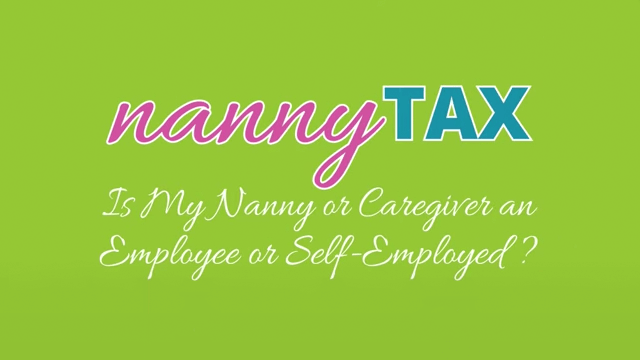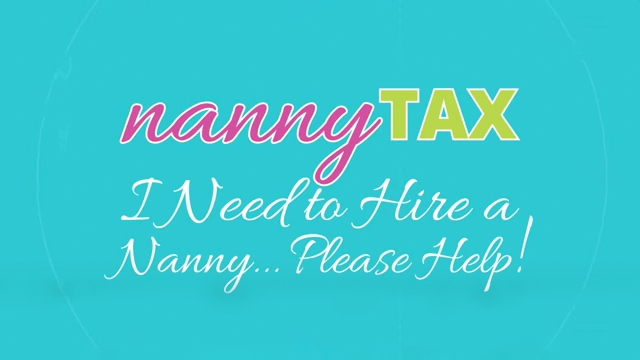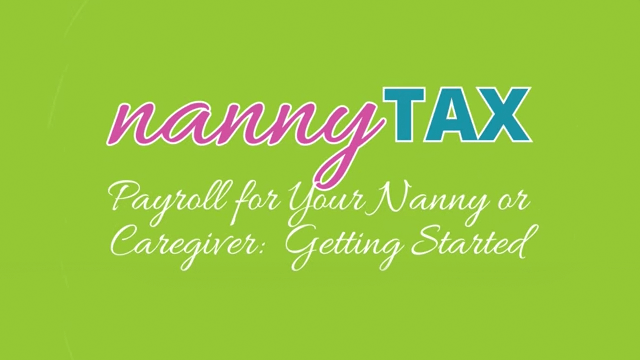
Considerations and 2022 Updates for Domestic Payroll
If you have a nanny or caregiver, you should be aware of the following updates and considerations that impact domestic payroll.
Some provinces now include paid general sick days, while others have job-protected unpaid sick leave.
Eligibility rules (length of employment, effective date, COVID vs. other reasons, etc.) vary by region, so please check your province’s government website under the employment act for more information. For example, as of January 1, 2022, employees in British Columbia get five paid sick days per year as long as they have worked for their employers for at least 90 days.
Please refer to the links below by province and territory for your region’s details.
- Alberta
- British Columbia
- Manitoba
- New Brunswick
- Newfoundland and Labrador
- Northwest Territories
- Nova Scotia
- Ontario
- Prince Edward Island
- Quebec
- Saskatchewan
- Yukon (see page 33)
Increases to minimum wage.
For many provinces, the minimum wage has increased and in some cases more than once over the course of the year. This was due to inflation and helping Canadians trying to keep up with the cost of living. You should be aware of the increase in your region to ensure that you’re aligned when paying your nanny or caregiver and for proper budgeting.
The Retail Council of Canada summarizes the minimum wage by province and territory in the table below, with links to more information.
MINIMUM WAGES ACROSS CANADA
| Province | Minimum Hourly Wage | Notes |
| Alberta | $15.00 | Effective as of October 1, 2018. View more information. |
| British Columbia | $15.65 | Effective as of June 1, 2022. View more information. |
| Manitoba | $11.95 | Minimum wage will increase on October 1, 2022 from $11.95 per hour to $13.50 per hour. It will further increase on April 1, 2023 to $14.15. The province will then return to annual adjustments based on provincial CPI, and projected the hourly rate to be approximately $15 on October 1, 2023. View more information. |
| New Brunswick | $12.75 | Effective as of April 1, 2022. The minimum wage in NB will rise to $13.75 in October 1, 2022. View more information. |
| Newfoundland & Labrador | $13.20 | Effective April 1, 2022. View more information. On October 1, 2022, minimum wage will increase to $13.70 per hour. This is part of a three step plan to bring the wage to $15.00 by April 1, 2024. The Minister is still considering the recommendation from the Minimum Wage Review Committee to adjust minimum wage rates after 2024 by inflation plus an additional 1% annually. View report from Minimum Wage Review Committee. |
| Northwest Territories | $15.20 | Effective as of September 1, 2021. NWT’s minimum wage is reviewed by committee every two years. View more information. |
| Nova Scotia | $13.35 | Effective as of April 1, 2022. Nova Scotia will raise its minimum wage on October 1, 2022 to $13.60. The province is in the midst of a five step plan to bring the wage to $15.00 by April 1, 2024. Beginning April 1, 2025, the minimum wage rate will be adjusted with inflation plus an additional 1% annually. View more information and report from Minimum Wage Review Committee. |
| Nunavut | $16.00 | Effective as of April 1, 2020. The minimum wage in NU is reviewed annually on April 1. View more information. |
| Ontario | $15.00 | Effective as of January 1, 2022. The general minimum wage in Ontario will rise to $15.50 on October 1, 2022. View more information. |
| Prince Edward Island | $13.70 | Effective as of April 1, 2022. View more information. |
| Quebec | $14.25 | Effective as of May 1, 2022. View more information (in French). |
| Saskatchewan | $11.81 | The government has announced that on October 1, 2022, the minimum wage will increase from $11.81 to $13.00 per hour. On October 1, 2023, minimum wage will increase to $14 per hour and on October 1, 2024, it will increase to $15 per hour. View more information. |
| Yukon | $15.70 | Effective as of April 1, 2022. The minimum wage is adjusted on April 1 of each year relative to the Consumer Price Index. View more information. |
Review how statutory (public) holidays are paid in your province or territory to manage holiday pay correctly.
There have been changes to these calculations in the past, so it’s good to review them periodically to make sure you stay up to date.
According to the Government of Canada, the designed paid holidays include (but these can vary for province or territory):
- New Year’s Day
- Good Friday
- Easter Monday
- Victoria Day
- Canada Day
- Labour Day
- National Day for Truth and Reconciliation
- Thanksgiving
- Remembrance Day
- Christmas Day
- Boxing Day
- Provincial or civic holiday in the area where you are employed
In Ontario for example, you look at the previous 4 weeks of gross earnings and divide that total by 20. For example, if someone earns $800 gross each week, the calculation would be $800 x 4 weeks = $3200 over the 4 week period. Then you divide the $3200 by 20, which is $160. If they work 5 days each week, and assuming they don’t work the statutory holiday, they would get $160 for the statutory holiday pay plus $640 (i.e. $160 x 4) for the other 4 days. So the total in this case happens to be still $800 gross.
Some provinces exclude certain types of workers from some employment standard rules.
Whether your caregiver or nanny works full-time or part-time for you, you’re still subject to follow your province or territory’s employment standards as an employer. But you should review the standards to see if there are any exceptions to specific sections of the Employment Standards Act for domestic workers. Some provinces may also change exemptions over time.
For example, in Alberta, domestic employees are exempt from overtime pay or restrictions on maximum daily and weekly hours of work, meaning they are paid at the regular rate for all hours.
Remember to review your province’s Employment Standards regularly to ensure compliance. You can find the information online by searching “employment standards + (your province)” as each province has its own unique link. Keeping current with changes that impact your nanny or caregiver’s payroll is important to maintaining a fair and productive relationship as their employer. Consider setting up a reminder in your calendar once every few months to check the employment standards, because we know it can be easy to forget!
And if you’d like to offload your domestic payroll to free up time, please reach out to us toll-free at 1-877-626-6982 or email us at taxquestions@nannytax.ca. We’re here to support you!
Credits: Photo by charlesdeluvio on Unsplash










